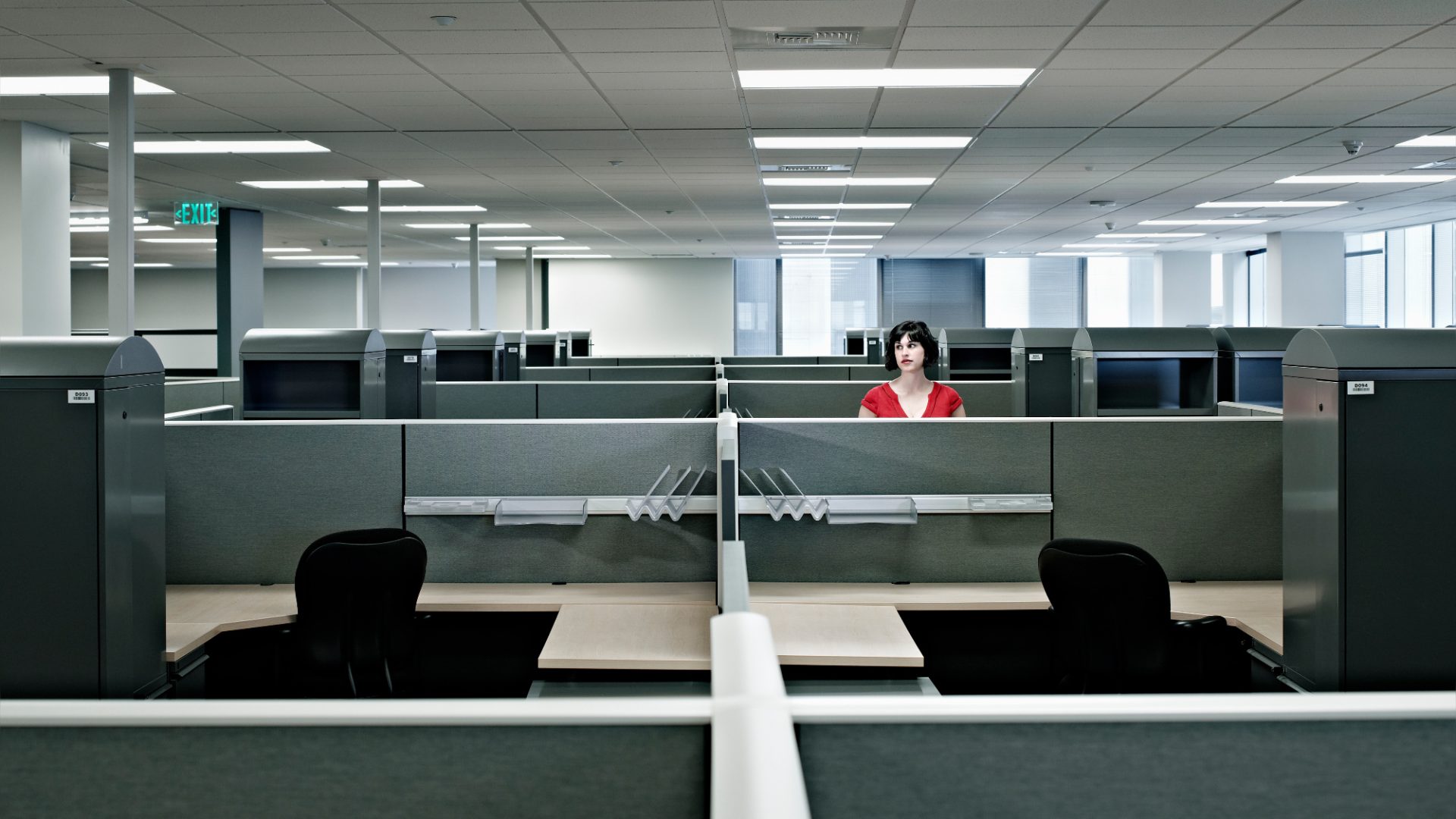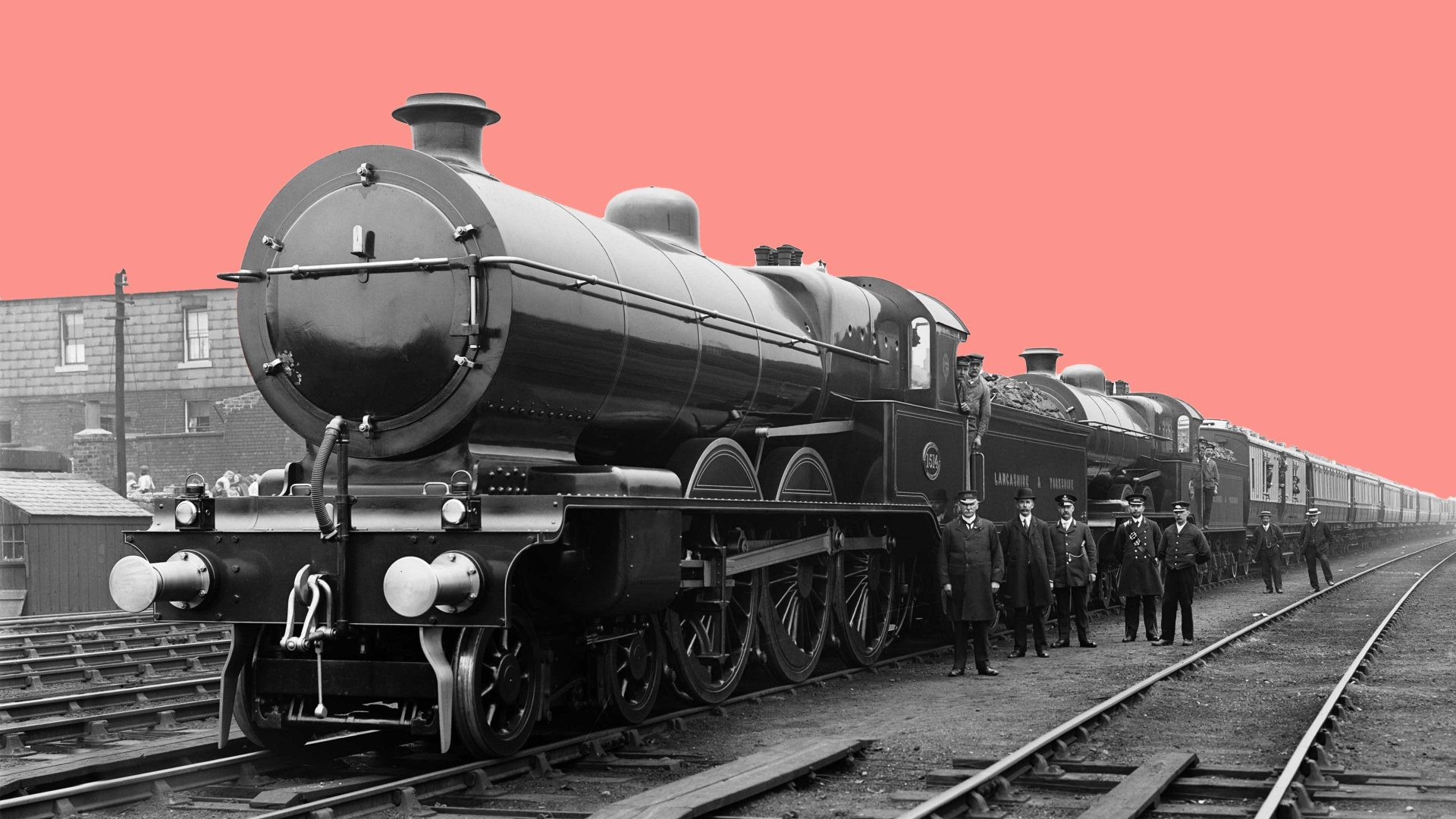TV journalism is held hostage by the need for interesting pictures, which is why every time you see an economic story there will be beautifully shot footage of a car plant or a high-speed production line. But there is a problem with this: the reality is that more than 80% of the British economy is made up of services, which often take place in boring-looking offices, which are entirely unsuitable for dynamic-looking news footage.
The collapse of heavy industry happened much faster here in the UK than it did in other nations across the west. It was a huge social shock, but it also sped the growth of education, health, retail, sport, arts and entertainment, science, the media, computer programming, business consulting, accountancy, the law, and a dozen others. Britain is very good at all
of those.
But it’s the very invisibility of these services that has led to them being ignored, even though they dominate our economy. In contrast, there has been huge political concentration on manufacturing – an important component in the economic life of the nation for sure, but one that now makes up less than 9% of our economy. Farming is also politically highly sensitive, and yet makes up less than 1% of the UK economy. Fishing is so small as to be almost unmeasurable.
In other words, Britain is a services economy. When are we going to start acting like it? Rival financial services centres are expanding at the expense of the UK. Last year the Lord Mayor of London announced: “Since Brexit, some 10% of the UK’s banking sector assets and 40,000 jobs have relocated to Paris, Frankfurt, Dublin, Luxembourg and Amsterdam. ”
Hard though it may be to lament the loss of bankers, it’s worth recalling how much they contribute each year to the Treasury in taxation. Other parts of the services sector have also suffered, such as transport and logistics. As the exporters have been able to send less of their products to the continent, the firms that make all the transport and logistical arrangements have also had to scale back their operations.
As John Springford at the Centre for European Reform has found, “if the UK’s exports in these two sectors had performed in line with the global average of advanced economies from single market exit to the second quarter of 2023, then Britain’s total services exports would have been 11%, or £10bn higher in that quarter.“
Suggested Reading


Labour’s first year in office: nowhere near good enough
Britain’s recent “reset” of relations with the EU contained agreements to relax checks and red tape on food and agriculture, and to introduce coordinated standards in manufacturing and to rejoin the Europe-wide electricity market. But what about services? What about the 80% of the economy that used to be part of the single market?
The lack of ambition on the part of the UK government has been staggering. As the Bruegel thinktank made clear before the negotiations had even started, both the EU and the UK would benefit from more cooperation, recognition of mutual standards and the development of a Europe-wide finance industry. The Trump presidency makes this even more urgent and important, and also a real opportunity for Europe. But the idea has gone nowhere.
There was also nothing on the mutual recognition of professional qualifications. Before Brexit, UK qualifications in everything from the law to engineering were recognised by other member states, meaning you could work freely across the EU. Now the system is a mess. If you got your qualifications recognised before Brexit you are still fine, but if not and you want to work in the EU, Switzerland, Norway, Iceland or Liechtenstein, the regulator in each country must now approve them. The rules vary, of course, for each industry and every country.
The same is true for work visas. For instance, in Germany, business travellers don’t need a visa when attending meetings and conferences – so long as you are not planning any “direct sales activities”. But you cannot provide consultancy, technical and other services of any kind, maintain or repair equipment, or tour as a professional speaker. For that you need a visa. I hope that is all clear. But remember – the rules are different for almost every other EU member state.
This sort of thing should be easily negotiated. Our qualifications have not got worse, and neither have those in EU member states. But the fact is, as the Swiss have found with their much more comprehensive renegotiations with the EU, if you want more you have to give more. To get a better “reset”, one that covers services, visas and business travel, qualifications and financial services, we would need to go much further in our cooperation with Brussels and, as the Swiss have recently found, we would have to pay the EU for the privilege. But we refuse to do that.
Brexit has made selling services in the EU more difficult. The sector is more flexible than manufacturing, thank God, but it is still suffering and since we now export more services than goods, and manufacturing is in decline, this is a problem that is only going to get worse.
The Brexit red lines mean our invisible exports face endless invisible barriers to their trade. This government seems to be doing nothing about it.




